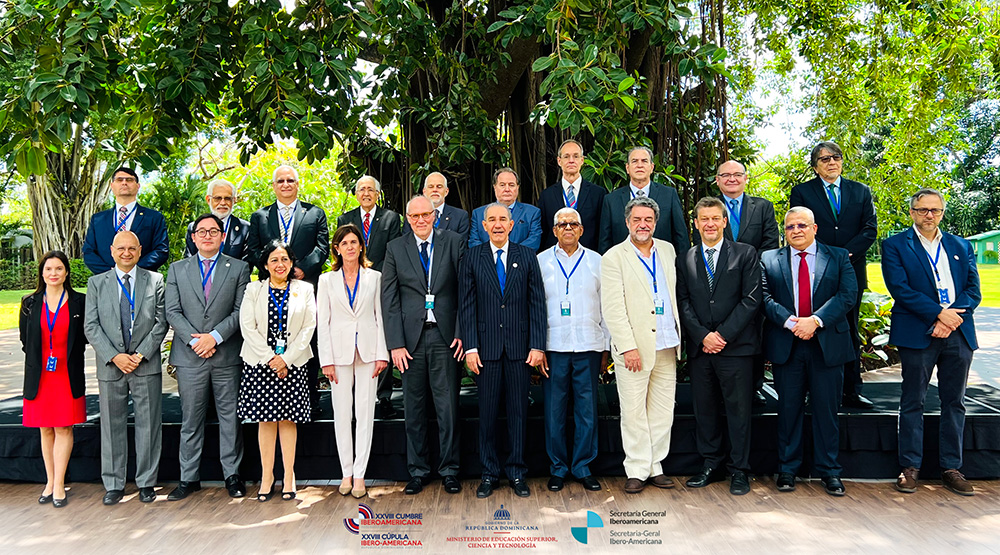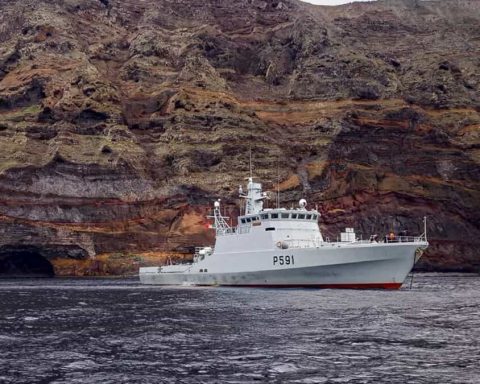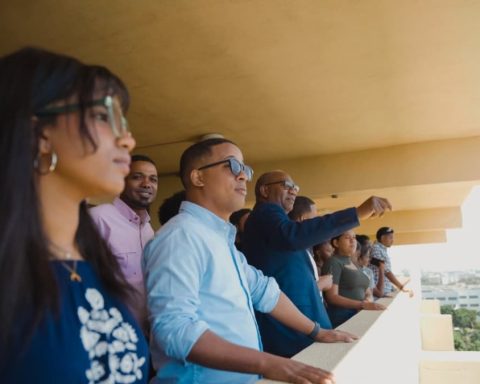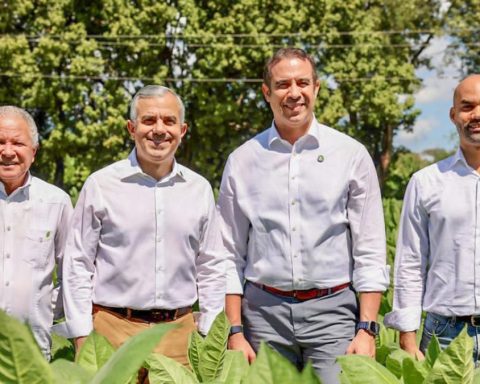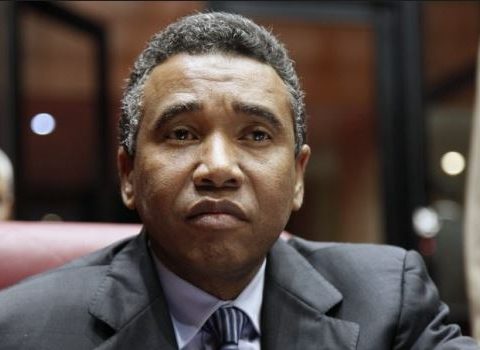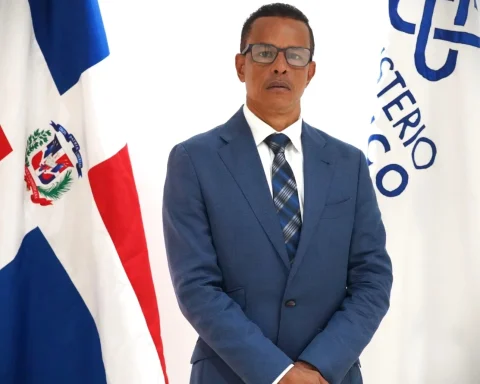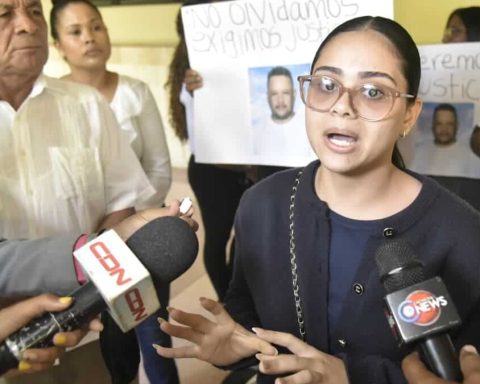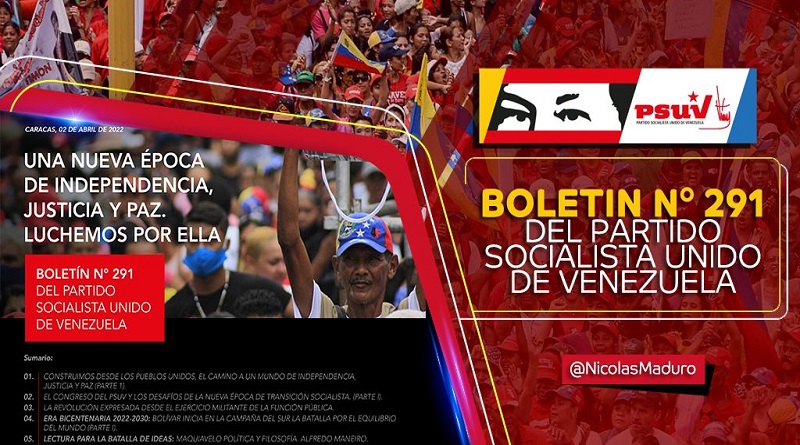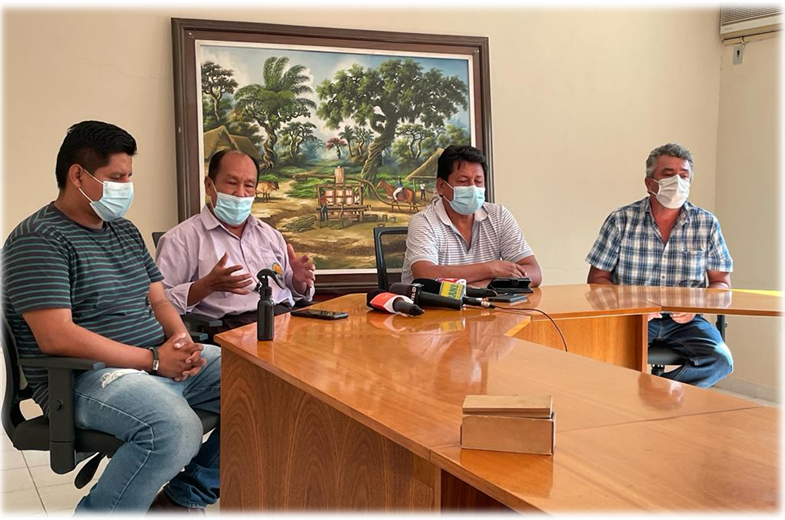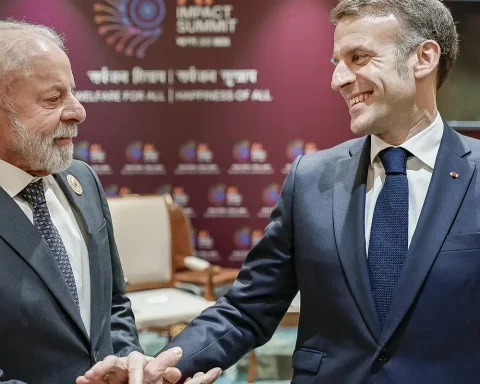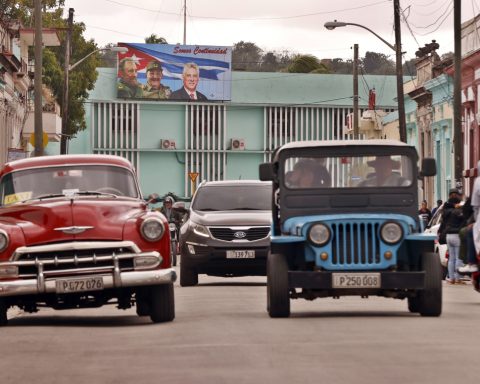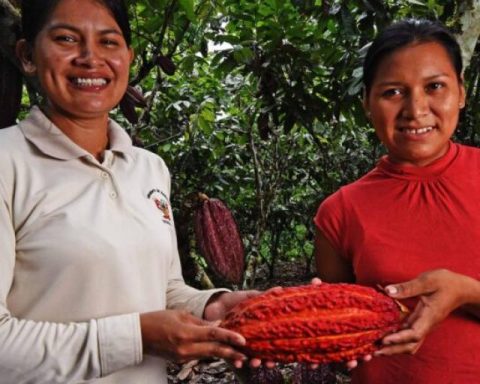Ministers and educational authorities from 21 countries in the region agreed to strengthen capacities and structures for innovation and entrepreneurship and promote the implementation of the Ibero-American Strategy for Digital Transformation in a common space.
After concluding the II meeting of ministers, ministers and high authorities of education, held in the country, the representatives of the participating nations, also agreed to promote the Ibero-American Program of Mobility and Virtual Academic Exchange, within the framework of the Ibero-American Campus, to motivate higher education institutions through collaborative openness, among others.
The participants reaffirmed the commitment to establish strategic lines of action that allow the strengthening of a common environment of higher education, based on mutual trust, collaboration and harmony to favor mobility and international projection.
The meeting concluded with the adoption of a political declaration and a special statement in which the representatives assume their commitment to higher education as a human and universal right, as well as a study of the barriers that prevent access and continuation of the studies between the countries, as a basis for the elaboration of a proposal for an Ibero-American framework agreement that contributes to eliminating said difficulties.
Contents
The activity covered the great challenges in education in the region, such as digital transformation, academic mobility and educational quality, recognizing the progress made by the Ibero-American Quality Assurance System (SIACES).
The members of the delegations debated and adopted a declaration that reaffirms their commitment to the Common Space for Higher Education and the Ibero-American Space for Knowledge.
They agreed to support, through the pertinent instruments of the Ibero-American Space of Knowledge, the work for the implementation of the Regional Agreement for the Recognition of Studies, Degrees and Diplomas of Higher Education in Latin America and the Caribbean.
They also agreed to reiterate the importance of promoting women’s access to science, engineering, mathematics and technology studies, as well as to teaching and research careers in these areas, by formulating a joint work plan based on the analysis of the actual situation.
The meeting was chaired by the Minister of Higher Education, Science and Technology of the Dominican Republic (MESCYT), Franklin García Fermín, together with Ambassador Marcos Pinta Gama, Ibero-American Deputy Secretary General, with the presence of President Luis Abinader, during the ceremony. opening.
In his speech, Abinader stressed the need to review the experiences and good practices in the construction of the Common Space of Ibero-America, starting with the reinforcement of policies, access to knowledge and the continuous training of professionals.
“We are convinced of strengthening policies on Higher Education, Science and Technology in line with competitiveness, with the aim of considerably increasing the number of young people and adults who have the skills to get a decent job.”
During the event, the Vice President of the Republic, Raquel Peña offered a reception to the delegates of the participating countries.
For a fair and sustainable Ibero-America
The Ibero-American Deputy Secretary General, Ambassador Marcos Pinta Gama, indicated that the theme chosen for the next summit, “Together for a fair and sustainable Ibero-America”, is not a casual choice because “in this complex scenario, our region is the one that has achieved the most expanding university education in recent years, it has been shown that each year that is added to the average education of the population reduces the levels of violence, mitigates inequality and consolidates the rule of law, while increasing economic growth” , reported.
This II Meeting of Ministers, Ministers and High Authorities of Higher Education is part of the official calendar of activities of the Ibero-American Conference, whose Pro Tempore Secretariat (SPT) holds the Dominican Republic, being the first in person, after the global pandemic that forced to embrace virtuality.
